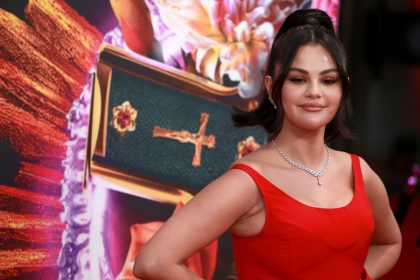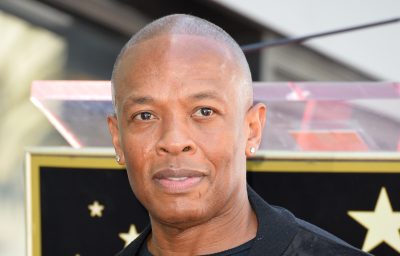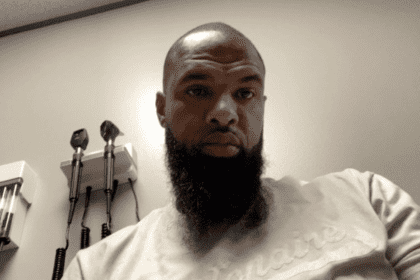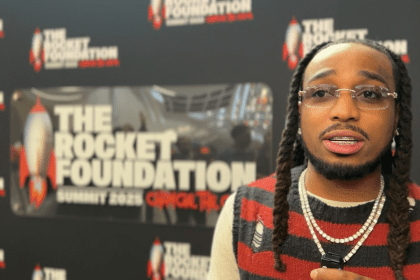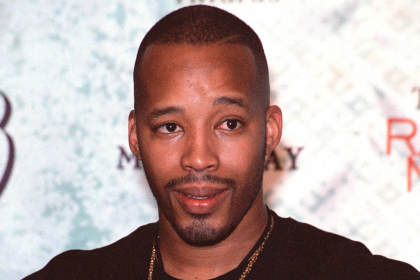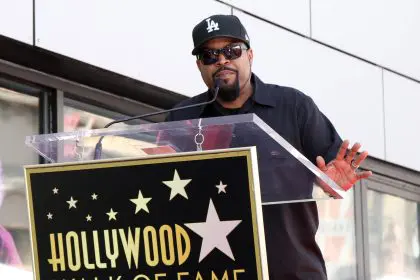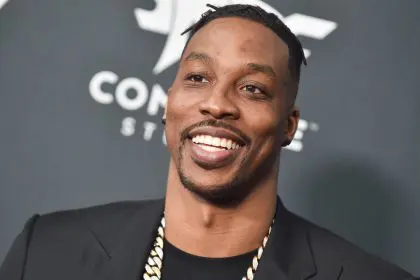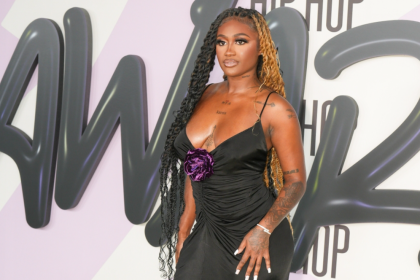BREAKING NEWS:
Robert Deniro is not really a Mafioso.
Oh, and this just in:
Samuel L. Jackson and John Travolta have never been hitmen.
Hopefully, those two revelations won’t make you view The Godfather, Pt. II or Pulp Fiction any differently. Because somewhere along the line, hip-hop’s juvenile obsession with “keeping it real” has gone wrong, to borrow an old line from a Dave Chappelle comedy sketch.
Like “stop snitching,” hip hop’s adage of “keep it real,” started out well-intentioned, but a bit naïve. As some hip hop stars began to completely fabricate back-stories in the early 90s, it became important to draw a line in the sand. The demand was for artistic authenticity—which is commendable. But as gangsta rap became more and more prevalent, “artistic authenticity” gave way to a much darker need to prove one’s toughness in reckless and often criminal ways.
2Pac had never been arrested prior to his becoming a star. By all accounts, he was a thoughtful young man—a sensitive artist with a socio-political perspective through which his righteous rage was filtered. But within two years of his album debut, he had assaulted a film director and allegedly fired a gun at off-duty police officers. By September 1996, on the night of the fateful shooting that would ultimately claim his life, Pac was videotaped stomping a man for allegedly taking a gold chain. He was shot on the Vegas strip just hours later and died days after in a hospital.
Several of the most acclaimed and respected artists in the gangsta rap subgenre, like Dr. Dre and Ice Cube, were not criminals-who-just-happened-to-become-rappers. They were speaking for a culture that society had cast off. But Dre was a musical prodigy who had been a member of the more R&B-oriented World Class Wreckin Cru and Cube, whose parents worked in the school system, studied architecture before joining gangsta rap godfathers N.W.A.
Fast-forward to 2012.
Chicago rapper Chief Keef has just released his debut album, Finally Rich, with subject matter heavy in violent imagery. The teenager comes from arguably the most violent city in America, where young Black men are gunning each other down at an alarming rate. When Lil JoJo, another teen rapper from Chicago and Keef’s rival, was murdered in September; Keef responded on Twitter by callously mocking the youngster’s death. JoJo’s family has said that they believe Keef to be involved somehow in JoJo’s killing, though there is no evidence of this. Also, Keef is expecting to be charged with violating his probation after he appeared in an interview video firing a weapon at a gun range.
Another rapper making headlines in 2012 was Maybach Music Group signee, Gunplay. Gunplay is currently on house arrest as he faces charges of armed robbery and aggravated assault with a firearm after footage surfaced of what appears to be him pistol-whipping and robbing an accountant at an office in Miami. He was also allegedly involved in a backstage fight with rapper 50 Cent at the 2012 BET Awards.
Is it a requirement that sociopaths be rewarded for this kind of behavior in order for hip hop to maintain “authenticity?” Classic albums like AmeriKKKa’s Most Wanted and Ready To Die did not demand that the artists that crafted them be gun-wielding lunatics in their real lives; only that they be masterful storytellers with honest perspectives.
Hip Hop Martin Scorseses.
Rap Alfred Hitchcocks.
Dr. Dre never killed anyone. Nor did Tupac Shakur. And at one time, hip hop was fine with that. Seeing a rap sheet has never made me want to buy a rap album.
And lately, it’s actually had the opposite effect.
– stereo williams


